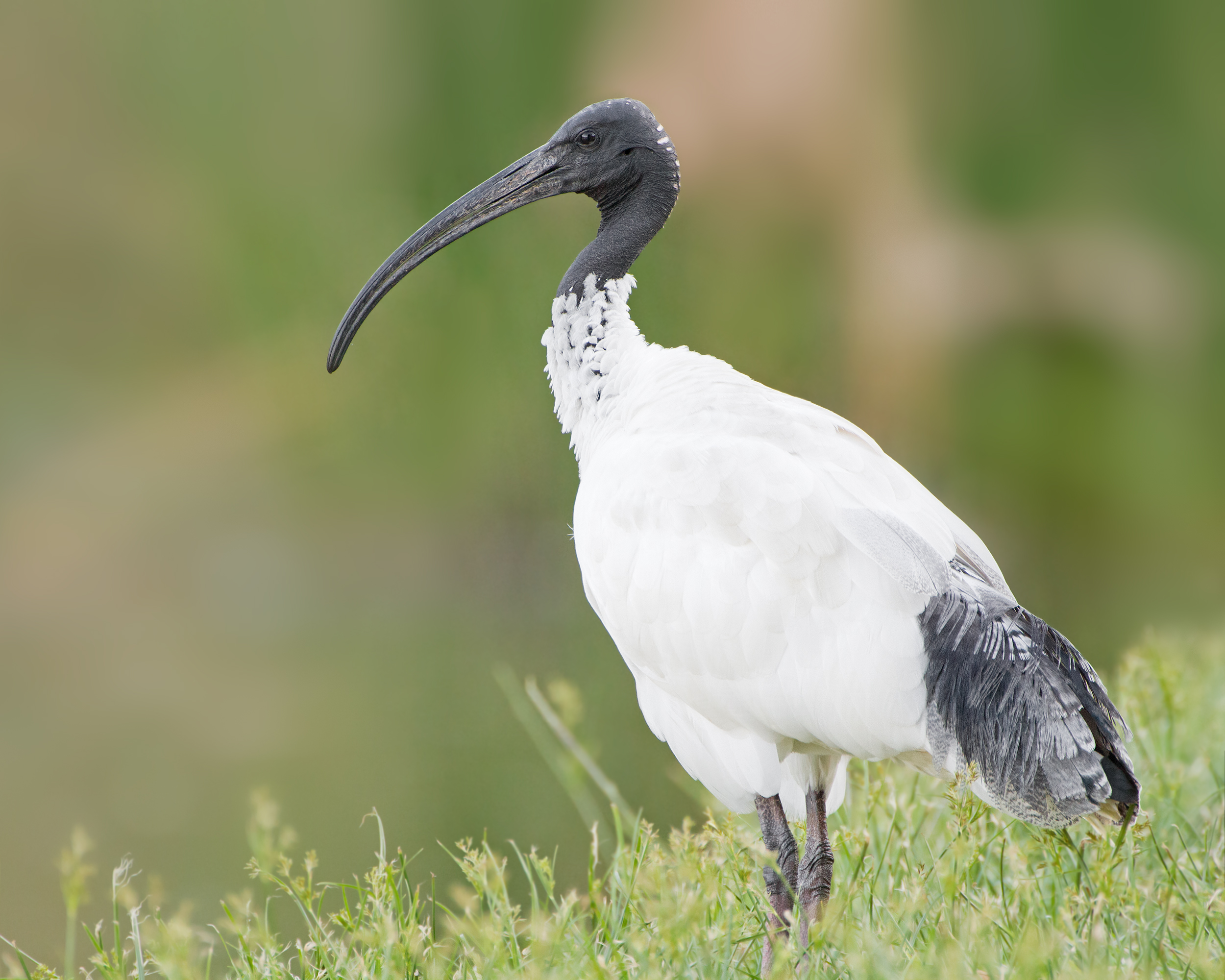|
Gustu
Gustu, the quechua word for flavour, is a restaurant and bar in La Paz, Bolivia. It opened in April 2012. Gustu is under the management of Head Chef Marsia Taha. It is considered among South America's 50 best restaurants, landing the number 32 spot on The Latin America's 50 Best Restaurants 2014 and the number 14 spot in 2017 in list made by the British magazine Restaurant. History Gustu opened its doors in April 2012 and soon was noticed by major international newspapers and magazines along with its founder Claus Meyer at the front. Most noteworthy is the appearances in The New York Times, The Guardian, Financial Times, Food and Wine, Bloomberg, Eater and CNN. Being a part of Melting Pot Bolivia, a NGO A non-governmental organization (NGO) or non-governmental organisation (see spelling differences) is an organization that generally is formed independent from government. They are typically nonprofit entities, and many of them are active in ... project made by Claus ... [...More Info...] [...Related Items...] OR: [Wikipedia] [Google] [Baidu] |
Claus Meyer
Claus Meyer (born 27 December 1963) is a Danish entrepreneur, cook and television host. He is often accredited as the founder of the New Nordic Cuisine philosophy. Projects Claus Meyer has been engaged in a plethora of projects and has been a popular mediator of food culture in both Denmark and internationally for many years. Meyer is often accredited as the sole founder of the New Nordic Cuisine philosophy, but regardless of his obvious and groundbreaking contribution, mediation and writing on the subject, other people have also contributed to the philosophy and materialised it in practice. A total of twelve chefs from the Nordic countries wrote a New Nordic Food Manifesto in 2004 to initiate the movement, based on Claus Meyer's initiative, inspirational draft, and coordination. The New Nordic Cuisine Movement seeks to foster local agriculture, honor the region's agrarian traditions, encourage environmentally friendly production, and establish food with a uniquely Nordic id ... [...More Info...] [...Related Items...] OR: [Wikipedia] [Google] [Baidu] |
La Paz
La Paz (), officially known as Nuestra Señora de La Paz (Spanish pronunciation: ), is the seat of government of the Plurinational State of Bolivia. With an estimated 816,044 residents as of 2020, La Paz is the third-most populous city in Bolivia. Its metropolitan area, which is formed by La Paz, El Alto, Achocalla, Viacha, and Mecapaca makes up the second most populous urban area in Bolivia, with a population of 2.0 million, after Santa Cruz de la Sierra with a population of 2.3 million. It is also the capital of the La Paz Department. The city, in west-central Bolivia southeast of Lake Titicaca, is set in a canyon created by the Choqueyapu River. It is in a bowl-like depression, part of the Amazon basin, surrounded by the high mountains of the Altiplano. Overlooking the city is the towering, triple-peaked Illimani. Its peaks are always snow-covered and can be seen from many parts of the city. At an elevation of roughly above sea level, La Paz is the highes ... [...More Info...] [...Related Items...] OR: [Wikipedia] [Google] [Baidu] |
Eater Magazine
Eater may refer to: * Eater (band), an English punk rock group * "Eater" (''Fear Itself''), a 2008 episode of the NBC television horror anthology ''Fear Itself'' * ''Eater'' (novel), a 2000 science fiction novel by Gregory Benford * ''Eater'' (website), a daily online culinary news publication from Vox Media See also * Eating Eating (also known as consuming) is the ingestion of food, typically to provide a heterotrophic organism with energy and to allow for growth. Animals and other heterotrophs must eat in order to survive — carnivores eat other animals, herbi ..., the ingestion of food * Eaters (other) {{disambiguation ... [...More Info...] [...Related Items...] OR: [Wikipedia] [Google] [Baidu] |
2012 Establishments In Bolivia
1 (one, unit, unity) is a number representing a single or the only entity. 1 is also a numerical digit and represents a single unit of counting or measurement. For example, a line segment of ''unit length'' is a line segment of length 1. In conventions of sign where zero is considered neither positive nor negative, 1 is the first and smallest positive integer. It is also sometimes considered the first of the infinite sequence of natural numbers, followed by 2, although by other definitions 1 is the second natural number, following 0. The fundamental mathematical property of 1 is to be a multiplicative identity, meaning that any number multiplied by 1 equals the same number. Most if not all properties of 1 can be deduced from this. In advanced mathematics, a multiplicative identity is often denoted 1, even if it is not a number. 1 is by convention not considered a prime number; this was not universally accepted until the mid-20th century. Additionally, 1 is the ... [...More Info...] [...Related Items...] OR: [Wikipedia] [Google] [Baidu] |
Buildings And Structures In La Paz Department (Bolivia)
A building, or edifice, is an enclosed structure with a roof and walls standing more or less permanently in one place, such as a house or factory (although there's also portable buildings). Buildings come in a variety of sizes, shapes, and functions, and have been adapted throughout history for a wide number of factors, from building materials available, to weather conditions, land prices, ground conditions, specific uses, prestige, and aesthetic reasons. To better understand the term ''building'' compare the list of nonbuilding structures. Buildings serve several societal needs – primarily as shelter from weather, security, living space, privacy, to store belongings, and to comfortably live and work. A building as a shelter represents a physical division of the human habitat (a place of comfort and safety) and the ''outside'' (a place that at times may be harsh and harmful). Ever since the first cave paintings, buildings have also become objects or canvasses of much artist ... [...More Info...] [...Related Items...] OR: [Wikipedia] [Google] [Baidu] |
Restaurants In Bolivia
A restaurant is a business that prepares and serves food and drinks to customers. Meals are generally served and eaten on the premises, but many restaurants also offer take-out and Delivery (commerce), food delivery services. Restaurants vary greatly in appearance and offerings, including a wide variety of cuisines and Customer service, service models ranging from inexpensive fast-food restaurants and cafeterias to mid-priced family restaurants, to high-priced luxury establishments. Etymology The word derives from early 19th century from French language, French word 'provide food for', Literal translation, literally 'restore to a former state' and, being the present participle of the verb, The term ''restaurant'' may have been used in 1507 as a "restorative beverage", and in correspondence in 1521 to mean 'that which restores the strength, a fortifying food or remedy'. History A public eating establishment similar to a restaurant is mentioned in a 512 BC record from Ancien ... [...More Info...] [...Related Items...] OR: [Wikipedia] [Google] [Baidu] |
Como Sur – South American Gastronomy
Como (, ; lmo, Còmm, label=Comasco , or ; lat, Novum Comum; rm, Com; french: Côme) is a city and ''comune'' in Lombardy, Italy. It is the administrative capital of the Province of Como. Its proximity to Lake Como and to the Alps has made Como a tourist destination, and the city contains numerous works of art, churches, gardens, museums, theatres, parks, and palaces: the ''Duomo'', seat of the Diocese of Como; the Basilica of Sant'Abbondio; the Villa Olmo; the public gardens with the Tempio Voltiano; the Teatro Sociale; the ''Broletto'' or the city's medieval town hall; and the 20th-century Casa del Fascio. With 215,320 overnight guests in 2013, Como was the fourth-most visited city in Lombardy after Milan, Bergamo, and Brescia. In 2018, Como surpassed Bergamo becoming the third most visited city in Lombardy with 1.4 million arrivals. Como was the birthplace of many historical figures, including the poet Caecilius mentioned by Catullus in the first century BCE, writer ... [...More Info...] [...Related Items...] OR: [Wikipedia] [Google] [Baidu] |
IBIS Denmark
The ibises () (collective plural ibis; classical plurals ibides and ibes) are a group of long-legged wading birds in the family Threskiornithidae, that inhabit wetlands, forests and plains. "Ibis" derives from the Latin and Ancient Greek word for this group of birds. It also occurs in the scientific name of the cattle egret (''Bubulcus ibis'') mistakenly identified in 1757 as being the sacred ibis. Description Ibises all have long, downcurved bills, and usually feed as a group, probing mud for food items, usually crustaceans. They are monogamous and highly territorial while nesting and feeding. Most nest in trees, often with spoonbills or herons. All extant species are capable of flight, but two extinct genera were flightless, namely the kiwi-like ''Apteribis'' in the Hawaiian Islands, and the peculiar '' Xenicibis'' in Jamaica. The word ''ibis'' comes from Latin ''ibis'' from Greek ἶβις ''ibis'' from Egyptian ''hb'', ''hīb''. Beekes, R. S. P. (2009) ''Etymological Diction ... [...More Info...] [...Related Items...] OR: [Wikipedia] [Google] [Baidu] |
Non-governmental Organization
A non-governmental organization (NGO) or non-governmental organisation (see American and British English spelling differences#-ise, -ize (-isation, -ization), spelling differences) is an organization that generally is formed independent from government. They are typically nonprofit organization, nonprofit entities, and many of them are active in humanitarianism or the social sciences; they can also include club (organization), clubs and voluntary association, associations that provide services to their members and others. Surveys indicate that NGOs have a high degree of public trust, which can make them a useful proxy for the concerns of society and stakeholders. However, NGOs can also be lobby groups for corporations, such as the World Economic Forum. NGOs are distinguished from International organization, international and intergovernmental organizations (''IOs'') in that the latter are more directly involved with sovereign states and their governments. The term as it is used ... [...More Info...] [...Related Items...] OR: [Wikipedia] [Google] [Baidu] |
Melting Pot Bolivia
Melting, or fusion, is a physical process that results in the phase transition of a substance from a solid to a liquid. This occurs when the internal energy of the solid increases, typically by the application of heat or pressure, which increases the substance's temperature to the melting point. At the melting point, the ordering of ions or molecules in the solid breaks down to a less ordered state, and the solid "melts" to become a liquid. Substances in the molten state generally have reduced viscosity as the temperature increases. An exception to this principle is the element sulfur, whose viscosity increases in the range of 160 °C to 180 °C due to polymerization. Some organic compounds melt through mesophases, states of partial order between solid and liquid. First order phase transition From a thermodynamics point of view, at the melting point the change in Gibbs free energy ''∆G'' of the substances is zero, but there are non-zero changes in the enthalpy ( ... [...More Info...] [...Related Items...] OR: [Wikipedia] [Google] [Baidu] |
Bloomberg News
Bloomberg News (originally Bloomberg Business News) is an international news agency headquartered in New York City and a division of Bloomberg L.P. Content produced by Bloomberg News is disseminated through Bloomberg Terminals, Bloomberg Television, Bloomberg Radio, ''Bloomberg Businessweek'', ''Bloomberg Markets'', Bloomberg.com, and Bloomberg's mobile platforms. Since 2015, John Micklethwait has served as editor-in-chief. History Bloomberg News was founded by Michael Bloomberg and Matthew Winkler in 1990 to deliver financial news reporting to Bloomberg Terminal subscribers. The agency was established in 1990 with a team of six people. Winkler was first editor-in-chief. In 2010, Bloomberg News included more than 2,300 editors and reporters in 72 countries and 146 news bureaus worldwide. Beginnings (1990–1995) Bloomberg Business News was created to expand the services offered through the terminals. According to Matthew Winkler, then a writer for ''The Wall Street Journal ... [...More Info...] [...Related Items...] OR: [Wikipedia] [Google] [Baidu] |








